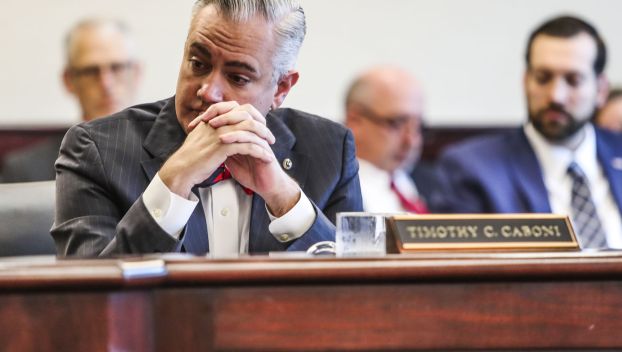
News
WKU further details budget cut targets
Western Kentucky University released new details Friday about how it will pull off a plan to cut more ... Read more

Western Kentucky University released new details Friday about how it will pull off a plan to cut more ... Read more
Western Kentucky University expects to be down another 525 students next school year, with international students as one ... Read more